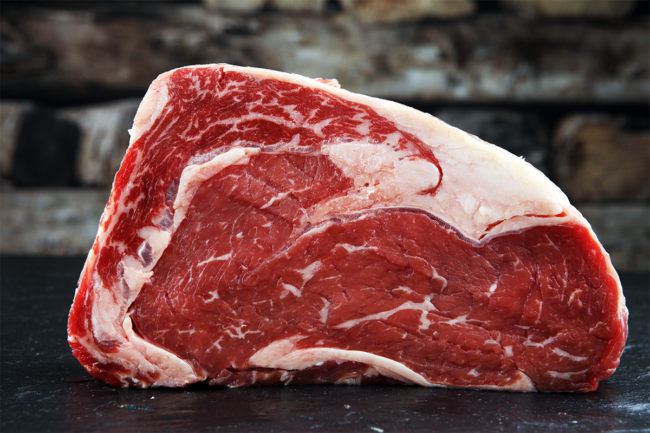WASHINGTON – Earlier this week, the National Cattlemen’s Beef Association (NCBA) restated its dissatisfaction with the Dietary Guidelines Advisory Committee Report.
The association stated that the committee continues to advise the US Department of Agriculture (USDA) and the US Department of Health and Human Services (HHS) that federal nutrition guidelines include a reduction in red meat consumption.
“Most Americans today already eat beef within the Dietary Guidelines for Americans (DGA) recommended levels for a healthy diet. This reduction is a solution in search of a problem,” said Mark Eisele, president of the NCBA. “Public health advice should be based on the totality of scientific evidence. The Dietary Guidelines Advisory Committee ignored robust and rigorous scientific evidence about beef’s essential nutrients and the foundational, positive role it plays in health as a preferred protein food in a variety of healthy diets for all Americans.”
NCBA stated that with a single 3 oz serving of lean beef, Americans can receive half of their daily protein along with 10 nutrients like iron and B vitamins. The members of the group want to continue to work hard to ensure evidence of support for the positive role of beef in health is available for future secretaries as the guidelines are finalized in the next few months.
“Cutting back on beef isn’t going to Make America Healthy Again,” said Shalene McNeill, PhD, executive director of nutrition science and registered dietitian at the NCBA. “There’s irrefutable evidence about the valuable role of beef and its nutrients in promoting health. We’ve had 40 years of Dietary Guidelines, and during that time, beef consumption has decreased, yet Americans suffer more from obesity and chronic disease than ever before. Advising Americans to cut back on beef takes us even further in the wrong direction, putting our most vulnerable populations like women, children, teens and the aging at risk.”
The Meat Institute also provided its stance on the issue and its strong opposition to the latest report.
“Americans need guidance on how meat fits in a healthy diet,” said Julie Anna Potts, president and CEO of Meat Institute. “Directives from out-of-touch academics to eat legumes and avoid the nutrient-dense foods they love does not foster improved health and fails to account for the central role of meat within America’s cultural diversity. The report’s recommendations fail to provide attainable nutritional guidance by marginalizing one of the most nutrient dense, accessible, and culturally relevant foods in the American diet.”
Potts and the Meat Institute also noted that meat and poultry in the diet allows consumers to fulfill dietary needs for protein, iron, zinc, copper, vitamin B6, vitamin B12 and potassium.


